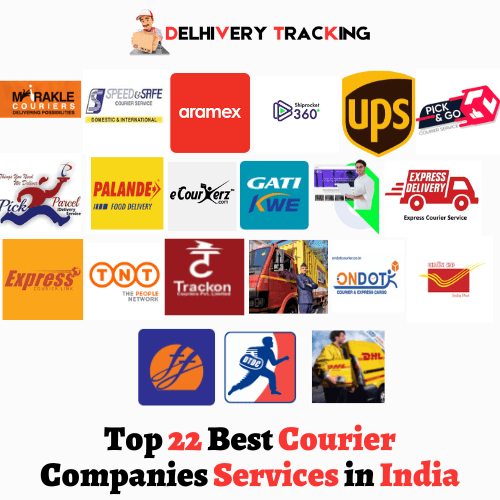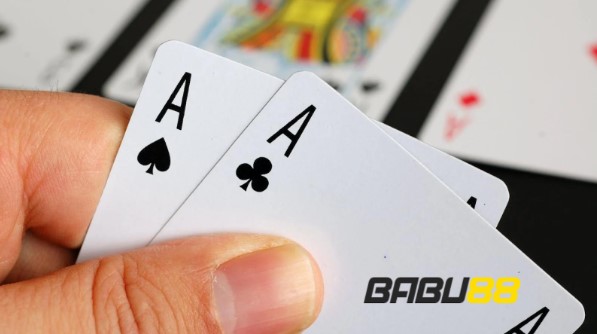Creativity and innovation have become critical in today’s dynamic and competitive event landscape for designing and executing memorable and impactful events. To captivate attendees, foster engagement, and leave a lasting impression, event planners must go beyond traditional approaches and embrace creativity. In this blog post, we will look at the importance of creativity in event planning and how incorporating innovation at every stage of the planning process can improve the overall event experience.
Event Concepts Redefined
Creativity begins with reimagining event concepts and deviating from traditional ideas. Think outside the box by incorporating unique themes, embracing emerging trends, or adapting unconventional venues. Event planners create fresh and exciting experiences that engage attendees from the moment they receive their invitations by pushing boundaries and challenging traditional norms.
Visual and Multimedia Elements that are Engaging
Visual and multimedia elements are critical in capturing the attention of attendees and creating a memorable event experience. Event spaces can be transformed into captivating environments by using immersive projections, LED screens, dynamic lighting, and innovative stage designs. Event organizers can use creative multimedia presentations, interactive displays, and video installations to boost engagement and deliver key messages in novel and captivating ways.
Experiential and Interactive Activities
Incorporating interactivity and experiential activities into events promotes active participation and creates long-lasting memories. Event planners can design activities that engage multiple senses and create immersive experiences for attendees, such as gamification and virtual reality experiences, as well as hands-on workshops and live demonstrations. These interactive elements encourage participation, encourage networking, and increase the overall event impact.
Collaborations and Alliances
Collaborating with external partners and leveraging their expertise can help event planners come up with new ideas and innovative solutions. To introduce new perspectives and unique offerings, event planners can collaborate with creative agencies, technology providers, artists, or influencers. Such collaborations can result in game-changing event experiences that set the event apart from competitors and provide attendees with unique encounters.
Individualization and Customization
Event planners can use data and technology to tailor event experiences to individual preferences in today’s personalization era. Event planners can offer personalized content, targeted recommendations, and customized experiences by collecting attendee data during the registration process and utilizing event apps or interactive platforms. This level of personalization makes attendees feel valued, while also creating a sense of exclusivity and connection to the event.
Opportunities for Creative Networking
Networking is an essential component of any event, and creative networking activities can be incorporated to increase attendee engagement and interaction. Event planners can create themed networking sessions, create unique networking spaces, and facilitate ice-breaking activities to encourage meaningful connections. Event planners can ensure that attendees leave with valuable connections and a sense of community by creating an environment that encourages collaboration and relationship-building.
Adopting Sustainable and Ethical Practices
Event planners can use their imagination to incorporate sustainability and ethical practices. Event planners can implement eco-friendly initiatives such as waste reduction, the use of sustainable materials, and the use of renewable energy sources. They can also help local communities by sourcing goods and services from local vendors and organizing charitable events during the event. Events that embrace sustainable and ethical practices not only help the environment but also appeal to socially conscious attendees.
Storytelling that is Emotionally Engaging
Powerful storytelling can elicit emotions and leave an impression on attendees. Storytelling techniques can be used by event planners to weave a compelling narrative throughout the event, guiding attendees on a journey and connecting them to the event’s purpose and messages. This can be accomplished through captivating keynote speakers, testimonials, multimedia presentations, or immersive performances that strike a deeper chord with attendees.
Integration of Technology and Innovation
Incorporating cutting-edge technologies into events can improve the attendee experience and increase engagement. For personalized event assistance, event planners can look into virtual or augmented reality experiences, interactive event apps, live polling and feedback platforms, or AI-powered chatbots. Event planners can boost engagement, streamline processes, and provide attendees with a cutting-edge event experience by utilizing technology in novel ways.
Post-Event Evaluation and Continuous Improvement
Event planners should prioritize continuous improvement and post-event evaluation to foster a culture of creativity and innovation. Event meeting management can identify areas for improvement and refine their approach for future events by collecting attendee feedback, reviewing event metrics, and conducting post-event assessments. Event planners can continuously innovate and deliver increasingly creative and impactful event experiences by adopting a learning mindset.
Conclusion
Creativity and innovation are essential ingredients for creating memorable events. Event planners can infuse creativity into every aspect of event planning by redefining event concepts, incorporating visual and multimedia elements, incorporating interactive and experiential activities, embracing collaborations and partnerships, personalizing event experiences, creating unique networking opportunities, promoting sustainability, leveraging emotionally engaging storytelling, integrating innovative technologies, and fostering continuous improvement.
Attendees in today’s fast-paced world want unique and immersive experiences that go beyond traditional event formats. Event planners who embrace creativity and innovation will be able to create events that captivate attendees, foster engagement, and leave a lasting impression. Event planners can create extraordinary experiences that resonate with attendees long after the event concludes by challenging norms, exploring new possibilities, and pushing boundaries. More info about Mindful Meeting Pros.
















Leave a Reply